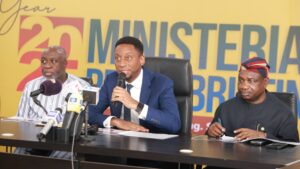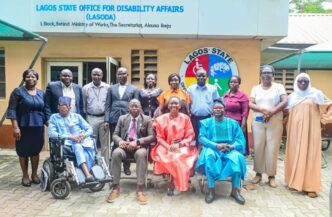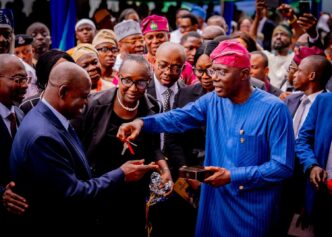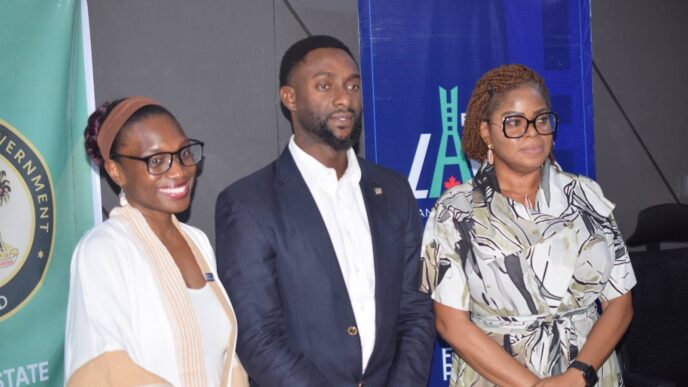The Lagos State Government has officially launched the second phase of its Metro Fibre Project, expanding the network to 3,300 kilometres in a major step toward digitising public services and building a more connected and secure city.
EpeInsights reports that the Commissioner for Innovation, Science and Technology, Olatunbosun Alake, made the announcement on Friday, May 2, during the annual ministerial press briefing in Alausa, Ikeja.
This phase builds on the initial 2,700km of fibre laid across the state and is part of a broader plan to transform Lagos into a fully digital city.
According to Alake, the expanded network has already led to increased internet access, adding over one million new subscribers between 2023 and 2025.
“Beyond improving connectivity, this infrastructure is helping telecom companies reach previously underserved areas,” Alake said, emphasizing the long-term benefits for economic inclusion and digital equity.
The Metro Fibre Project is also central to Lagos’ Safe City Initiative, which leverages intelligent transport systems to enforce traffic regulations and improve public safety.
As part of the initiative, automatic number plate recognition (ANPR) and smart surveillance cameras have been installed in areas such as Alapere and Allen Avenue.
In addition to physical infrastructure, the Lagos government is undertaking a major digital transformation of its services.
This includes; an Enterprise Architecture Project to digitise 40 government agencies, the deployment of an Oracle ERP system for improved financial management and a citizen-facing digital service platform offering access to services in areas like education, agriculture, and physical planning.
Looking ahead, Lagos is also preparing to release AI governance guidelines—a framework to ensure ethical, safe, and inclusive development of artificial intelligence tools.
The government plans to introduce AI-powered chatbots and establish a dedicated research and development council to drive innovation.
“These projects reflect our vision of using science and technology to improve life for Lagosians,” Alake said. “It’s about building a city that is not just modern but inclusive and efficient.”











